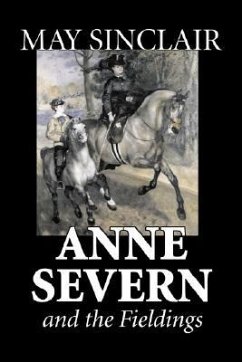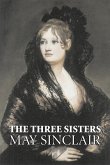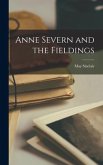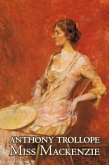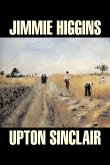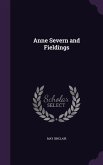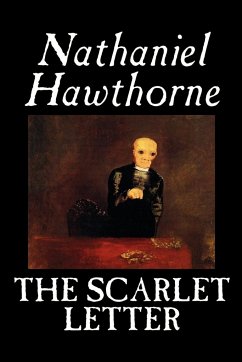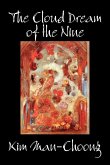The Fieldings are a family that tries to love her, tries to help her forget her sorrows -- and they try to take care of her. Too many things remind Anne of her dead mother, however, and so she has a difficult time returning the affections of the matriarch. When she finally begins to love them, she is sent off again for school. By the time she returns, she discovers that the family children have grown, as had she. They begin to love each other more than brother and sister. But will they survive the ravages of war to find their happily ever after? May Sinclair was an active member of the suffragette movement. Her best-known novels include The Three Sisters (based on the Brontë sisters), and Life and Death of Harriet Frean. Anne Severn and the Fieldings is partly based on Sinclair's own experiences during World War I.
Bitte wählen Sie Ihr Anliegen aus.
Rechnungen
Retourenschein anfordern
Bestellstatus
Storno

